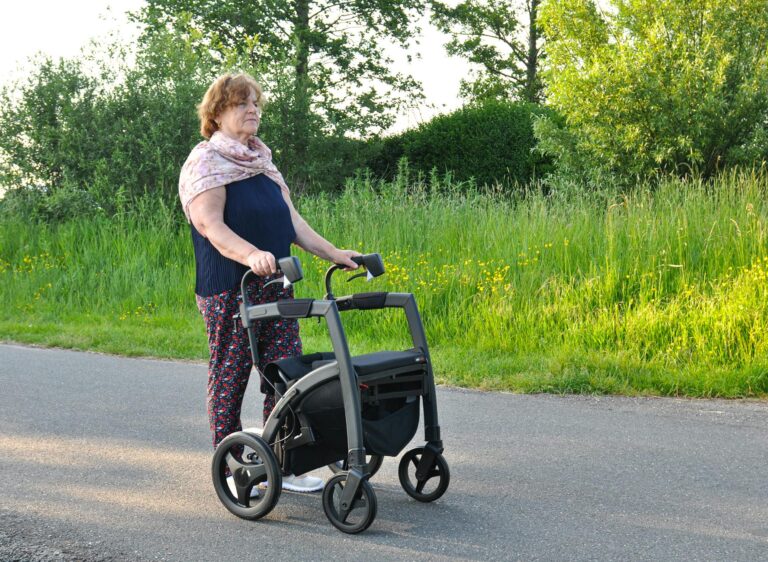Alzheimer’s disease is a progressive neurological disorder that primarily affects the memory and cognitive abilities of individuals. It is estimated that around 5.7 million people in the United States alone are living with Alzheimer’s, and this number is expected to triple by 2050. While the most common symptoms of Alzheimer’s include memory loss and confusion, there is growing evidence that links this disease with an increased risk of skin conditions, specifically related to picking or scratching behaviors.
Alzheimer’s and Skin Conditions:
Individuals with Alzheimer’s disease often experience changes in behavior, such as agitation, restlessness, and repetitive motor movements. These can manifest in different ways, including skin picking or scratching. As the disease progresses, it can lead to more severe forms of skin picking, which can result in open wounds and scarring.
One study published in the Journal of Clinical Nursing found that 45% of individuals with Alzheimer’s had some form of skin condition, with the majority being related to picking or scratching. This is significantly higher than the general population, where only 10-20% are affected by skin conditions.
Causes of Skin Picking in Alzheimer’s:
The exact reasons why individuals with Alzheimer’s engage in picking or scratching behaviors are not fully understood. However, researchers believe that it could be due to a combination of factors, including:
1. Sensory Changes: Alzheimer’s can affect sensory perception, leading to changes in the way individuals feel physical sensations. This can result in individuals experiencing itching or discomfort that may lead to them picking or scratching their skin.
2. Delusions and Hallucinations: People with Alzheimer’s may experience delusional thoughts or hallucinations, causing them to believe there are insects or bugs on their skin, leading them to pick or scratch to remove them.
3. Boredom and Stress: As Alzheimer’s progresses, individuals may become more agitated or anxious, leading to repetitive behaviors like picking or scratching as a way to cope with these emotions.
4. Medication Side Effects: Some medications prescribed for managing symptoms of Alzheimer’s, such as antipsychotics and antidepressants, can cause dryness and itching of the skin, leading to picking or scratching behaviors.
Impact of Skin Conditions on Individuals with Alzheimer’s:
The presence of skin conditions in individuals with Alzheimer’s can have a significant impact on their quality of life. These conditions can lead to discomfort, pain, and infections, which can further exacerbate their cognitive decline and behavioral symptoms. In some cases, skin conditions caused by picking or scratching can become severe and require medical intervention, such as antibiotics or wound care.
Furthermore, skin conditions can also affect the overall well-being of caregivers, as they have to manage the individual’s skin picking behaviors and ensure proper hygiene and wound care. This added burden can lead to caregiver burnout and stress.
Prevention and Management:
While there is no definitive cure for Alzheimer’s, there are ways to prevent and manage skin conditions caused by picking or scratching behaviors in individuals with this disease:
1. Gentle Reminders: Caregivers can gently remind individuals with Alzheimer’s not to pick or scratch their skin. Reassuring them and providing distractions like music or puzzles can help redirect their attention.
2. Moisturize Skin: Keeping the skin moisturized can reduce itching and dryness, which may reduce the urge to pick or scratch.
3. Identifying Triggers: By identifying triggers that may cause picking or scratching behaviors, caregivers can try to avoid or manage them better.
4. Encouraging Activities: Engaging individuals with Alzheimer’s in activities like exercise, cooking, or gardening can help decrease boredom and stress, which can reduce skin picking behaviors.
Conclusion:
In conclusion, there is a strong link between Alzheimer’s disease and an increased risk of skin conditions related to picking or scratching behaviors. These conditions can significantly impact the quality of life of individuals with Alzheimer’s and add to the burden of caregivers. It is crucial for caregivers to be aware of this potential issue and take preventive measures to manage and prevent skin conditions in individuals with Alzheimer’s. Further research is needed to better understand the reasons behind these behaviors and develop effective interventions to reduce them.





